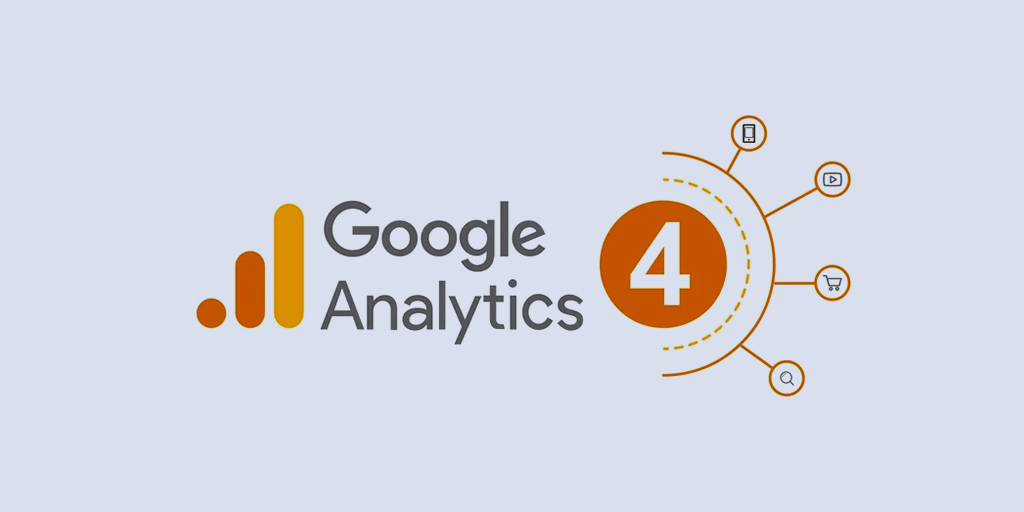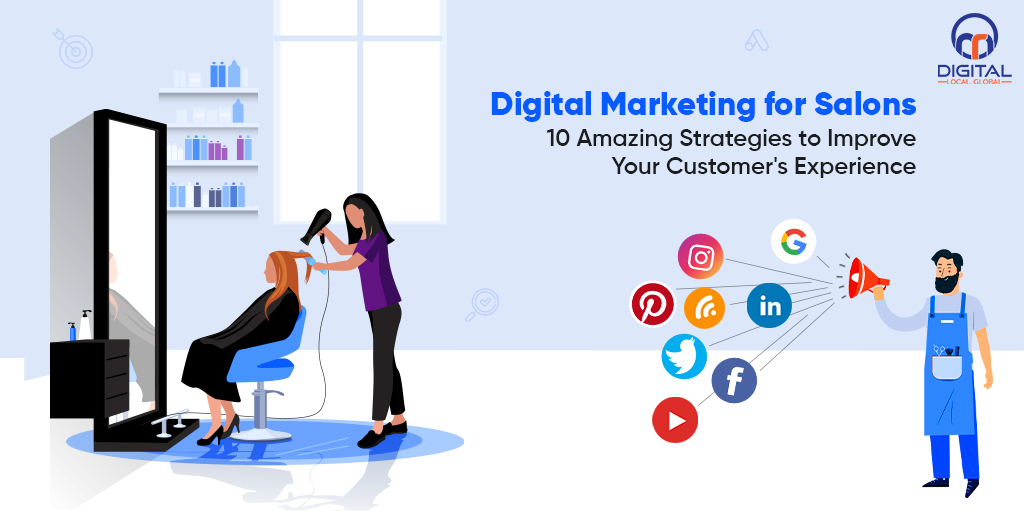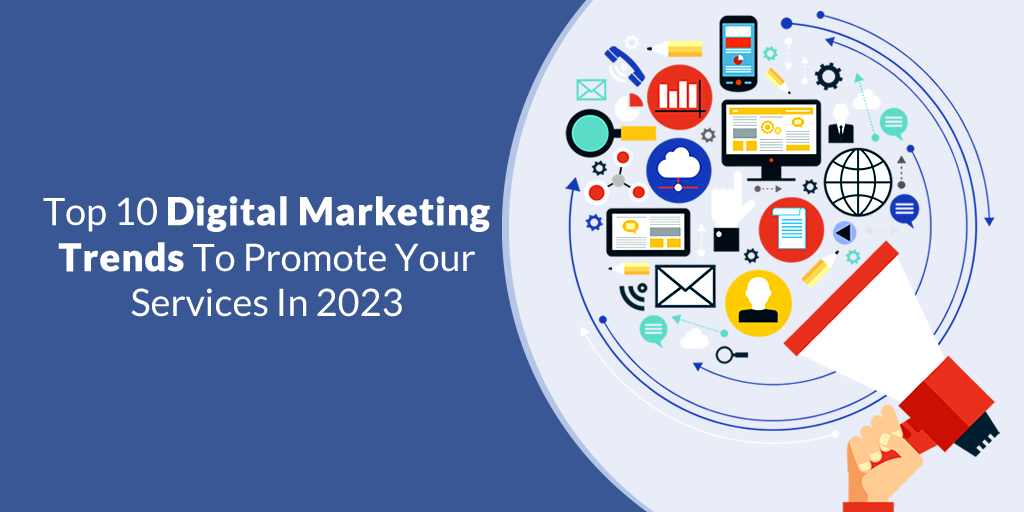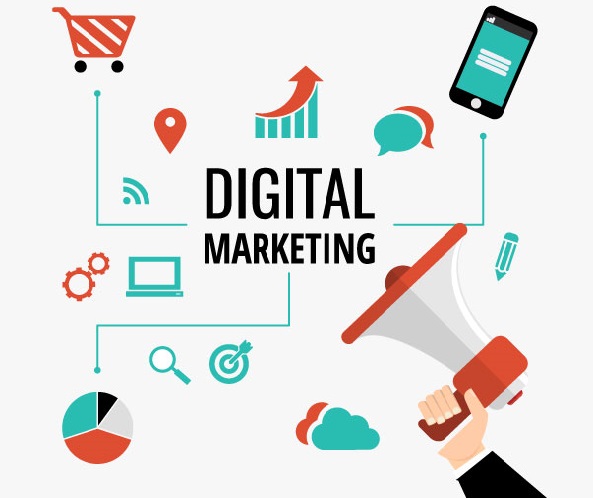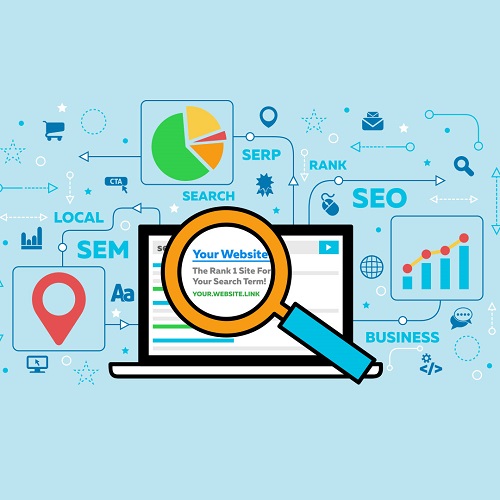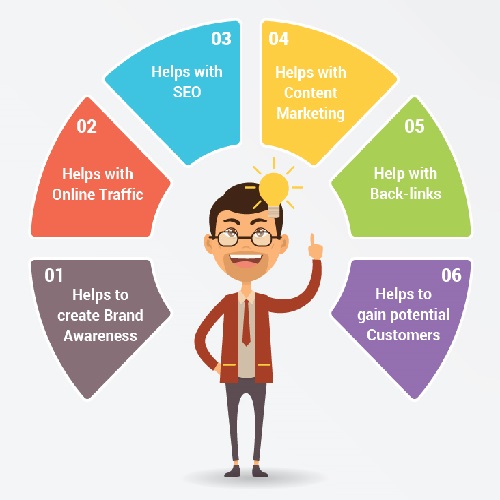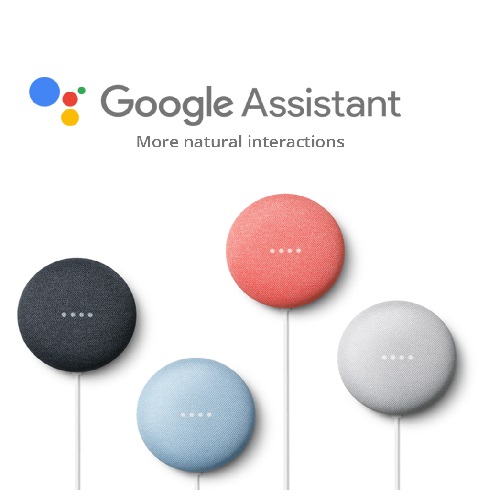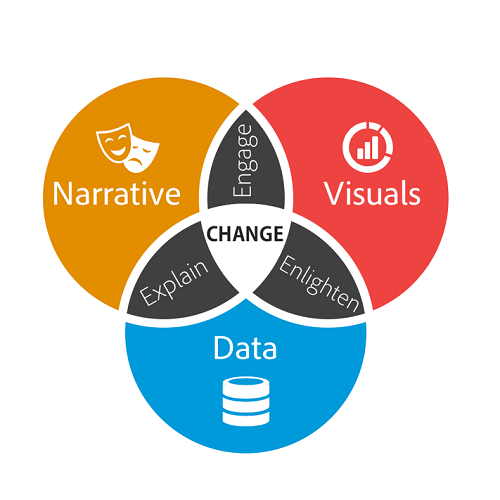Contact Us
Related Posts
Category

Search Engine Optimization (SEO) and Pay-Per-Click (PPC) advertising—the two supporting pillars of every digital marketing strategy, that define how businesses engage with customers, drive leads, and amplify sales.
Almost every business sector has experienced the positive impact of SEO and PPC in achieving marketing goals, and the finance industry is no different.
For the highly competitive finance industry, where gaining customer trust is paramount and high bounce rates are a challenge, SEO and PPC act as the most powerful strategies to boost visibility, foster trust, and drive leads—but in two completely different ways. And this leads us to the ultimate question;
SEO or PPC, which one is the best for digital marketing for finance industry?
Solving this dilemma is important because choosing the wrong approach can result in wasted resources, while the right choice can help finance businesses flourish.
In this blog, we’ll break down the difference between SEO and PPC, explore their benefits and challenges, and compare both based on different factors to identify which one drives exceptional results for the duo of finance and digital marketing.
What is SEO?
SEO, or Search Engine Optimization, is a multifaceted digital marketing strategy that focuses on optimizing a website and its content to make it rank higher in search engine result pages (SERPs). SEO aims to drive more organic traffic to a website that brings along more leads, resulting in increased sales for businesses.
SEO services include various strategies such as keyword research, content optimization, link building, technical SEO, on-page and off-page optimization, and more. All these strategies are helpful for finance businesses as they place their website on top of search results, improving online visibility and building trust.
Benefits of SEO
SEO is widely embraced in digital marketing for finance companies due to the various benefits it offers, such as:
Builds Trust and Credibility: Appearing organically at the top of search results boosts brand credibility and builds trust among the target audience. Increased trust and credibility are especially important for finance businesses to gain customers.
Cost-Effective Strategy: SEO is considered one of the most cost-effective strategies for digital marketing for finance industry, as the initial investments are quite low and once high ranks are achieved, organic traffic is almost free.
Long-term Results: The most notable benefit of SEO is that it delivers consistent results over the long term. The positive impact of SEO grows over time, as consistently ranking higher drives increasing organic traffic to a website.
Challenges of SEO
While the benefits of SEO make it an intuitive strategy for digital marketing for financial services, its challenges must also be considered;
Time-Intensive: SEO is not one of those strategies that can deliver results quickly. It is an ongoing process that requires continuous efforts to drive measurable results. It may even take months to achieve top ranks and build domain authority.
Highly Competitive: Almost every business in the finance industry is doing SEO, which makes the online landscape highly competitive. To overcome this competition, businesses often partner with a professional digital marketing agency for fintech.
Constant Algorithm Updates: A common challenge that every business faces with SEO is the constant algorithm updates of search engines like Google. It is difficult to stay updated with these changes and adopt strategies accordingly.
What is PPC?
PPC, or Pay-Per-Click, is a paid advertising strategy for digital channels where advertisers or businesses have to pay a fee for each click made on their ads. PPC ads generally appear on top of the organic search results for specific keywords that an advertiser bids on, driving highly-qualified traffic and leads to a website.
PPC services not just prove effective in driving leads, but also in increasing conversions. According to ExpertBeacon, Financial services experience a strong average conversion rate of 16.8% from their PPC campaigns. This makes PPC a reliable strategy for finance businesses to acquire new customers quickly.
Benefits of PPC
Instant Visibility: As soon as a PPC campaign goes live, the ads start appearing in search engine results or on chosen platforms, giving the business immediate exposure and visibility. This helps in achieving advertising goals faster.
Targeted Reach: The targeting capabilities of PPC services allow businesses to create highly specific and effective advertising campaigns that reach audiences based on demographics, locations, age groups, or user interests.
Flexible and Adaptable: PPC advertising is one of the most flexible and scalable strategies for digital marketing for finance industry. PPC campaigns can quickly adapt to changes based on market changes and consumer behaviour.
Challenges of PPC
Similar to SEO, PPC also brings some challenges along with its unique benefits. Some of these challenges are:
High Cost: PPC can prove expensive for highly competitive industries like Finance due to the high cost-per-click. It also requires ongoing investments, making it difficult for businesses to practice PPC advertising in the long term.
Temporary Visibility: Although PPC increases online visibility quickly, it only lasts till ads keep running. Once the budget is exhausted or the campaign is paused, the visibility decreases, and paid traffic nearly zeroes.
Ad Fatigue: Ad fatigue is a common problem in PPC advertising for finance and digital marketing. Ad fatigue occurs when users see the same ad too frequently, leading to a drop in engagement, clicks, and conversions.
SEO vs PPC: A Real Comparison
While both SEO and PPC offer unique benefits, along with bringing some notable challenges, understanding the nuances between SEO vs PPC is essential for businesses from the finance industry aiming to optimize their online presence and reach their target audience effectively.
Let’s compare SEO and PPC based on some factors that are important in digital marketing for finance industry:
Result Time Frame: SEO services generally take time to deliver measurable results, sometimes up to a few months. While PPC delivers quick and effective results in terms of visibility, leads, and conversions for the financial industry.
Audience Reach: SEO stands out from PPC in this factor, as it offers a wider, organic reach. SEO allows websites to attract a wide range of visitors from the internet. On the other hand, PPC offers a limited yet targeted reach.
Measurability: The results generated by PPC are easier to track and analyze with tools like Google Analytics, allowing advertisers to gain valuable optimization insights. This measurability becomes limited with SEO.
Long-Term Impact: The long-term positive impacts of SEO are more prominent than compared to PPC. While SEO takes time to show results initially, it ensures long-term growth for businesses with consistent organic traffic and leads.
Customer Trust: The most important factor in digital marketing for finance industry is building trust among customers. SEO and PPC contribute equally to these factors, fostering trust and credibility for businesses in their unique yet effective ways.
Choosing the Best Strategy with a Digital Marketing Agency for Fintech
When it ultimately comes down to choosing one strategy between SEO and PPC for digital marketing for finance industry, there’s no “one-size-fits-all” answer. The right approach for businesses is to identify their requirements, goals, and target audience, followed by choosing a strategy that aligns closely with all these factors.
To make your digital marketing strategy more impactful and achieve exceptional results, you can leverage both SEO and PPC with the help of an agency specializing in digital marketing for financial services. With the right expertise, strategy, and approach, you can achieve unmatched growth in the finance industry.
























































